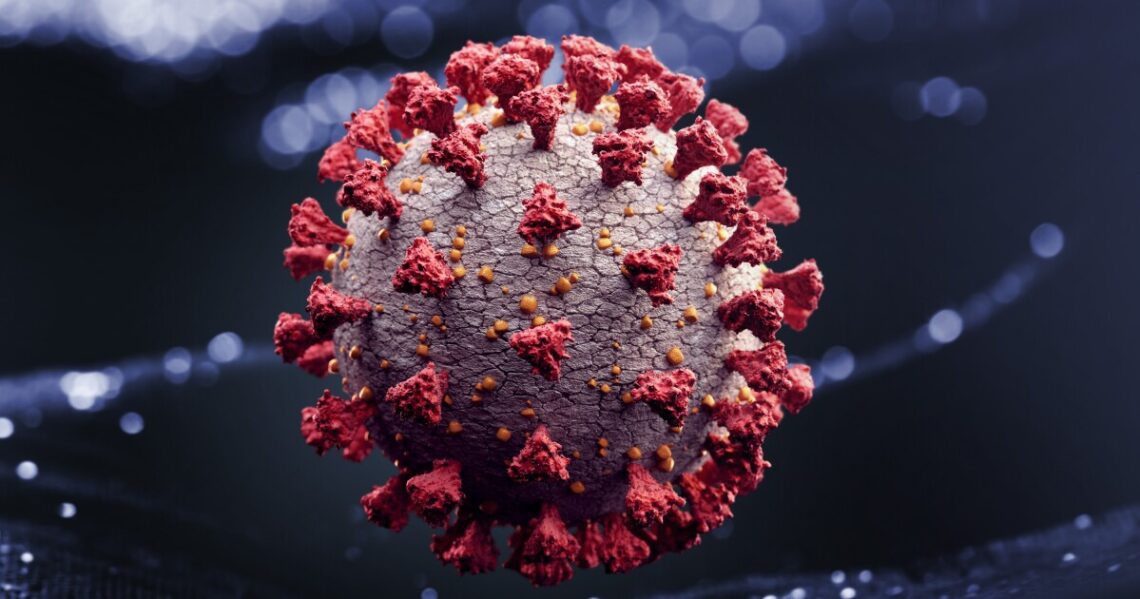The virus that causes COVID-19 can stay in the body for up to two years in some people, according to new research from UC San Francisco.
Scientists found pieces of the virus in the blood of people infected during the first wave of the pandemic up to 14 months after their initial COVID-19 infection and in tissue samples up to two years after the initial infection.
“About 10% of people between three and 14 months after they had COVID had remnants of the virus floating around in their bloodstream,” said Michael Peluso, an infectious disease researcher in the UC San Francisco School of Medicine, who led both studies.
The research offers potential clues as to why some people develop long COVID. It doesn’t mean that 1 in 10 people have viral remnants in their bodies right now.
“These are samples that were largely collected after the first wave of the pandemic when people had no preexisting immunity and vaccines were not available and there were no treatments available,” Peluso said. “We’re now in a totally different era.
“Nearly everyone has had COVID at least once, nearly everyone has some existing immunity,” he added. “We don’t know if this finding would hold up in the present day.”
In California, 5.4% of residents report long COVID symptoms, according to the CDC. It is estimated that up to 20 million Americans are currently grappling with long COVID.
Scientists are finding biological abnormalities, but they aren’t sure what causes long COVID.
One hypothesis is that remnants of the virus, genetic material or proteins, can stick around in the body and create a kind of chronic infection — known as viral persistence.
What Is Long COVID?
…
Read the full article here







